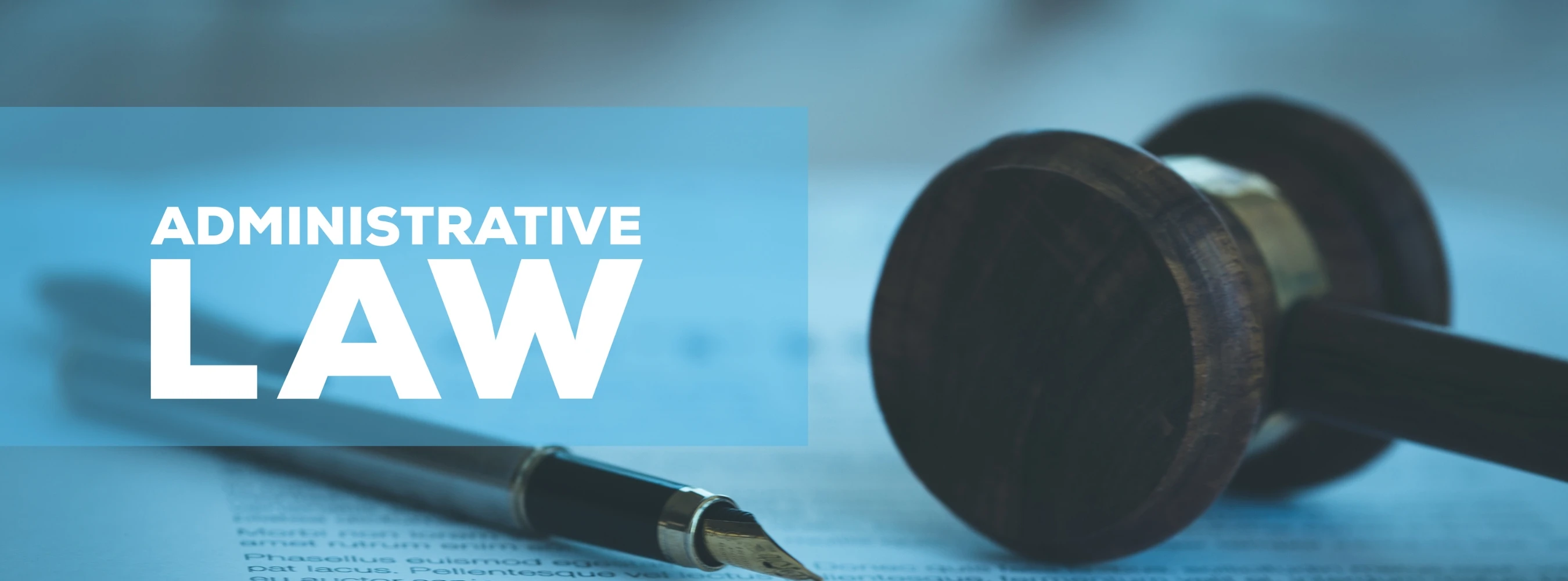In today’s interconnected world, governance is no longer limited to national borders. The rise of global governance has led to the need for a structured legal framework that ensures transparency, accountability, and fairness in international decision-making. This is where Global Administrative Law (GAL) plays a crucial role.
Global Administrative Law refers to the principles and regulations that govern international institutions such as the United Nations (UN), World Trade Organization (WTO), and International Monetary Fund (IMF). It ensures that trade policies, environmental laws, human rights protections, and economic agreements are implemented in a structured and fair manner across different nations.
One of the most significant challenges in global governance is balancing national sovereignty with international cooperation. Countries often resist external legal frameworks, fearing a loss of control over their own policies. However, with issues like climate change, economic crises, and digital security becoming global concerns, international regulations have become more essential than ever.





